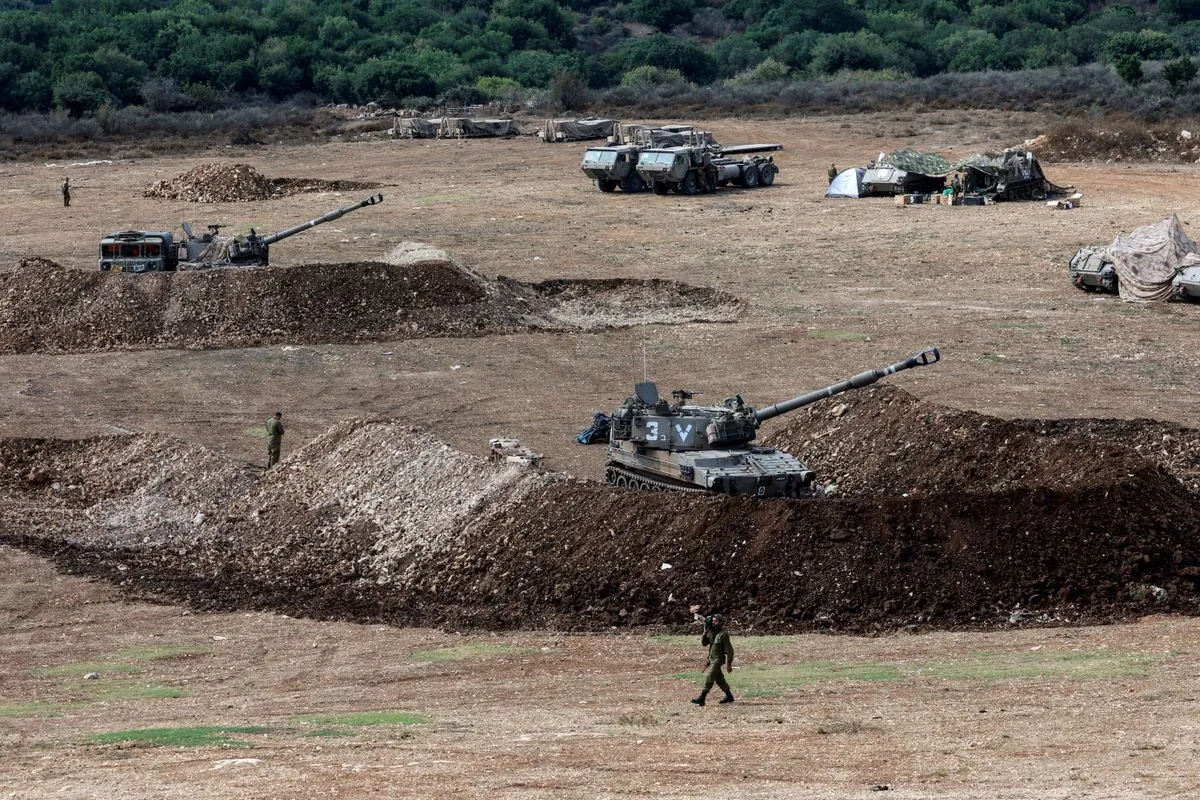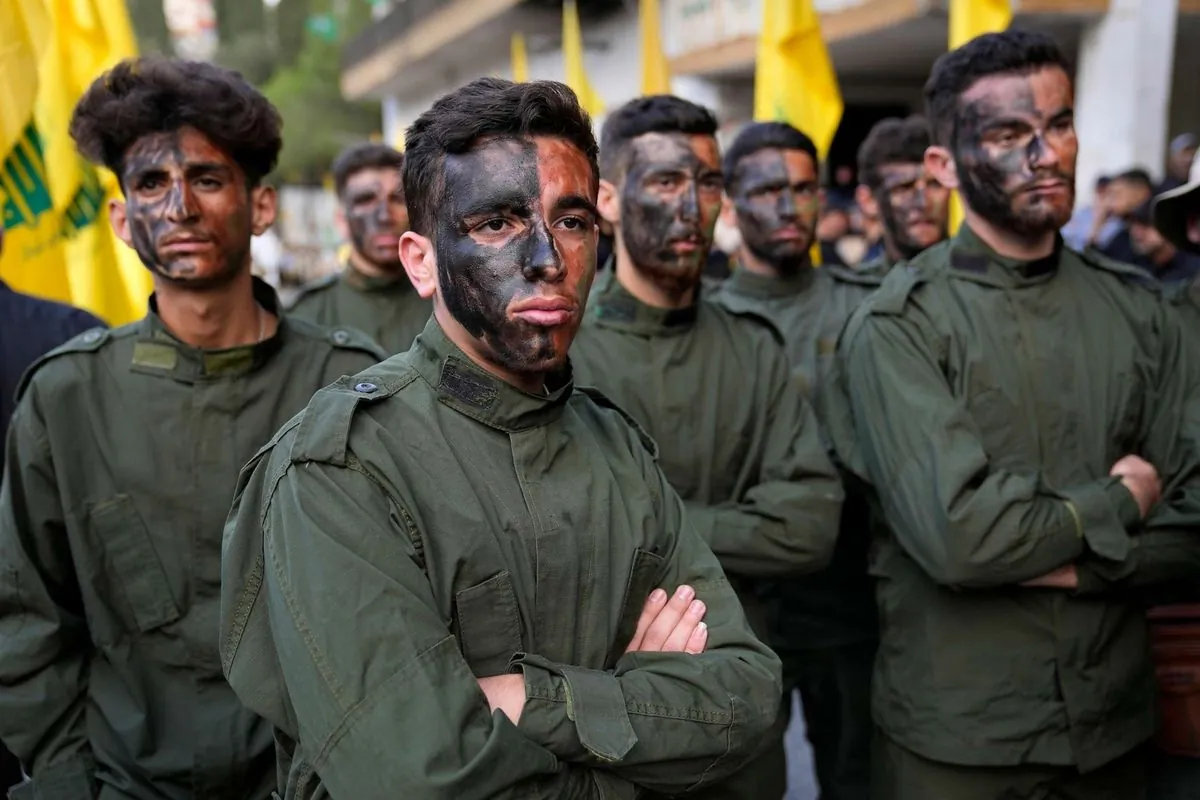Israel-Hezbollah Tensions: Deterrence vs. All-Out War
Israel faces a strategic dilemma with Hezbollah after the October 2023 Hamas attack. Experts argue for deterrence over all-out war, citing challenges and potential consequences of escalation.

The ongoing conflict between Israel and Gaza is part of a larger regional struggle involving Iran, the Houthis in Yemen, and most significantly, the Lebanese Hezbollah. Recent assassinations of key figures have heightened tensions, raising concerns about potential escalation.
The October 7, 2023, attack by Hamas on Israel marked a turning point in the region's security dynamics. This event, which occurred approximately 10 months ago, resulted in nearly 1,200 Israeli casualties and profoundly impacted Israel's risk assessment regarding its northern neighbor, Hezbollah.
Hezbollah, a Lebanese Shiite Islamist political party and militant group, poses a significant threat to Israel with its estimated force of 100,000 fighters and extensive rocket arsenal. The group's capabilities far surpass those of Hamas, leading to heightened Israeli concerns about potential attacks.

The situation is further complicated by the displacement of 60,000 Israelis from the northern region due to Hezbollah attacks. This has created pressure on the Israeli government to take action, with some advocating for pushing Hezbollah forces beyond the Litani River, as stipulated in UN Security Council Resolution 1701, which ended the 2006 Lebanon War.
However, experts argue that an all-out war against Hezbollah may not be in Israel's best interest. The Israeli military, already strained by the prolonged conflict in Gaza, faces challenges in sustaining a long-term engagement in Lebanon. Moreover, Hezbollah's ability to retreat and regroup, coupled with its strong support from Iran, makes it unlikely that a military campaign would achieve lasting results.
"A deterrent approach would be better, and Hezbollah has signaled that it would cease attacks were there a cease-fire in Gaza."
Instead, a deterrence-based strategy might prove more effective. Hezbollah's leadership has demonstrated concern for Lebanon's well-being, unlike Hamas' approach to Gaza. With Lebanon's economy in crisis since 2019, another war could lead to the country's complete collapse, potentially damaging Hezbollah's standing.
U.S. diplomat Amos Hochstein is working to broker a deal that could benefit both Lebanon and improve Israel's security position. However, Israel's tendency towards short-term, politicized decision-making may hinder strategic long-term planning.
International pressure on Israel to avoid all-out war remains crucial. While deterrence may seem unsatisfying, it could prevent a devastating conflict with uncertain outcomes. As the situation evolves, balancing security concerns with diplomatic efforts will be key to maintaining stability in this volatile region.


































